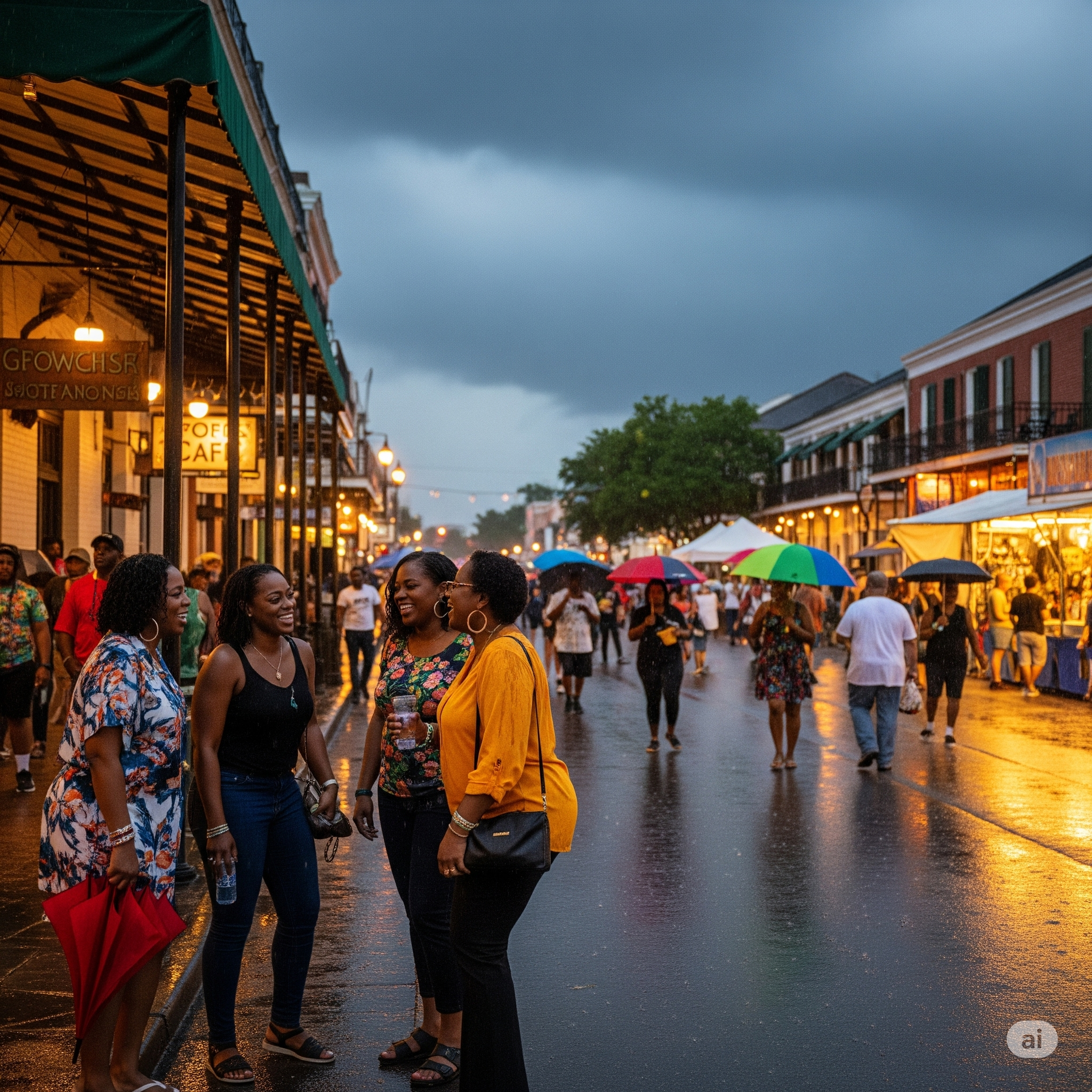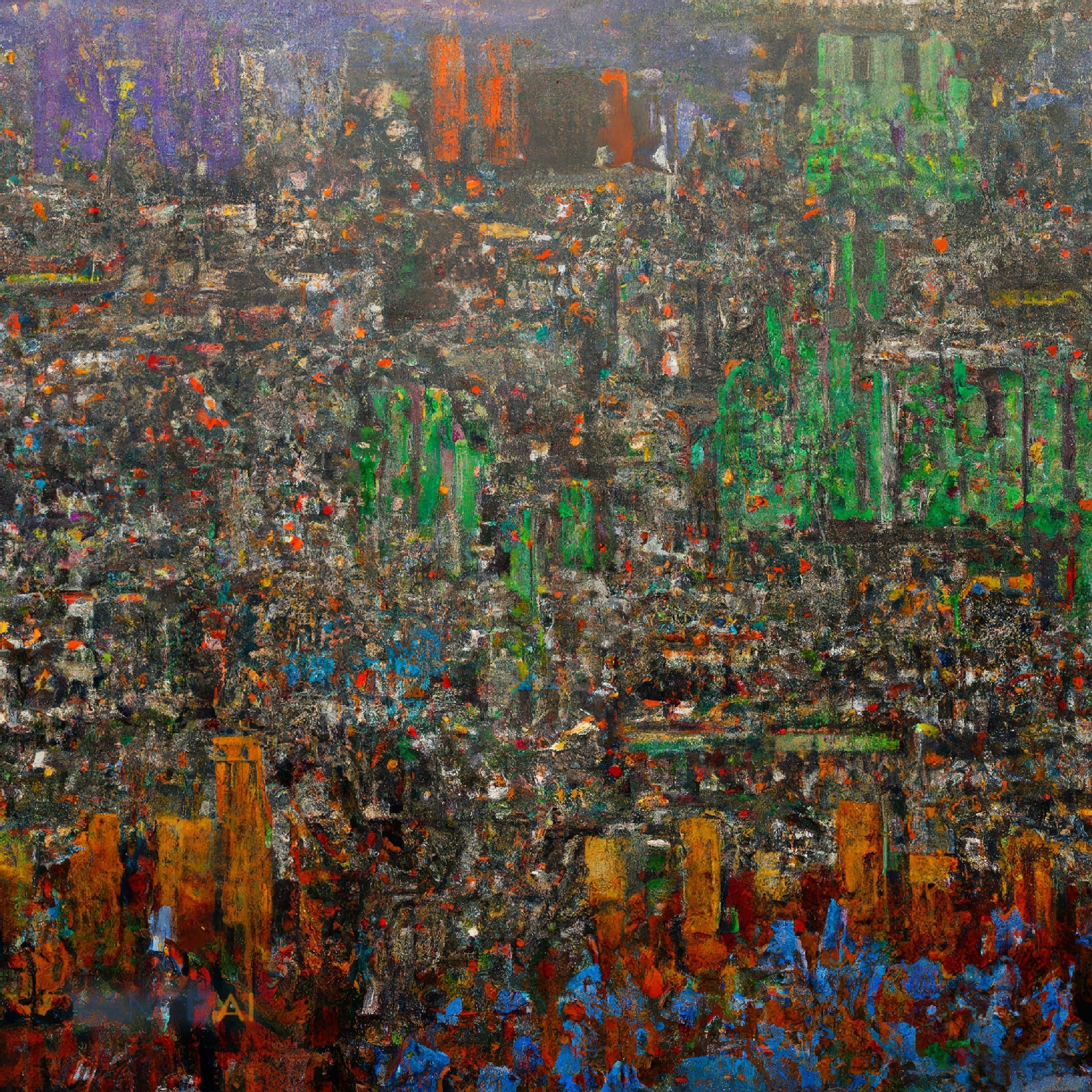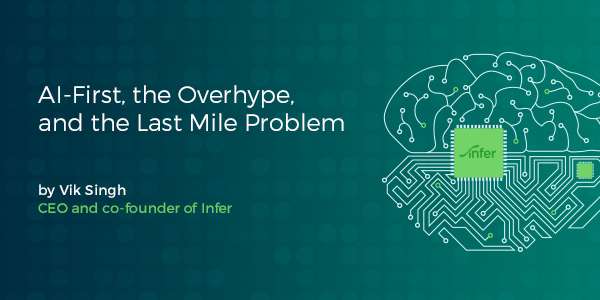For over three decades, the Essence Festival of Culture has been a pilgrimage, a necessary “family reunion” for Black America. But in the summer of 2025, the reunion felt strained. The crowds seemed thinner, the energy more fraught, and the online post-mortem was a brutal mix of economic grievances and cultural critiques. A narrative battle began before the last suitcase was even packed: Was this a simple down year, or a sign of a deeper sickness?
The truth is, a failing institution will always offer up a simple story to explain its decline. But the real story is never that simple. To understand what happened to Essence, you have to look past the surface-level debates and follow the money, the frustration, and the foundational cracks that made the whole structure vulnerable.
The Anatomy of a Crisis
An event like Essence doesn’t stumble because of one thing; it falters when underlying weaknesses are met with external force. The external force was a perfect storm of economic pressure. The internal weaknesses were a series of unforced operational errors.
First, the economic reality: the festival’s core demographic, Black women, is weathering a brutal financial season, with unemployment rising faster for them than for any other group. This isn’t an abstract data point; it’s the rent getting paid, or not. It’s the flight to New Orleans that never gets booked. Add to this the drying up of corporate DEI funds, the very pipeline that once supported the Black-owned brands in the vendor marketplace, and you have a crisis of both consumer and commercial confidence. People and businesses simply could not afford the pilgrimage.
Compounding this reality were the logistical slights. A clunky app, last-minute ticket sales, and poor sound quality in the Superdome are not minor inconveniences. They are signals of disrespect to an audience that has invested its time, trust, and dwindling disposable income. These weren’t just cracks in the foundation; they were the kindling, perfectly dried and waiting for a spark.
Diaspora Wars and Economic Truths
That spark, when it came, was the “Battle of Jollof vs. Jambalaya.” It was the perfect flashpoint because it allowed everyone to engage in a familiar, almost comfortable, conflict: the Diaspora Wars. It’s a debate that feels deeply resonant because it mimics the political realities of our time. We have learned to regurgitate identity politics tropes, to draw lines in the sand over heritage, and to expose or create divisiveness as a primary form of public discourse.
This pattern inevitably seeks a human focal point, and in this case, it predictably landed on the festival’s leadership. The simmering concerns about its Kenyan-born CEO became a convenient stand-in for every frustration, allowing a complex business problem to be flattened into a simple narrative about cultural belonging.
And so, while digital warriors passionately litigated the culinary history of two continents and the national origins of festival leadership, they conveniently missed the far more urgent, and brutally unifying, truth.
To borrow a phrase from a famously blunt political strategist: It’s the economy, stupid.
People weren’t canceling flights to New Orleans because they were scrutinizing the CEO’s passport. They were staying home because they lost their jobs. The corporate pullback of DEI funding isn’t a symbolic slight; it’s the empty vendor stall. The need for “Buy Now, Pay Later” at other festivals isn’t a cultural debate; it’s a flashing red light on the dashboard of household finances.
Focusing on cultural purity contests and leadership lineage while the economic foundation crumbles is a luxury no one can afford. It’s a profound misreading of the real and present crisis. True diaspora unity, the very soul of a global homecoming, isn’t found in a shared consensus on recipes or birthplaces. It’s forged in the shared struggle against the economic forces that threaten to keep us all home.
The Blueprint for a Reality Check
A renaissance isn’t built on slogans; it’s built on an honest, painful, and necessary reset. The path forward for Essence requires less talk of “vibes” and more respect for the fundamentals.
- Stop Posturing, Start Listening: Disband the idea of a top-down cultural vision. Formally empower a “Community Council” of attendees, NOLA cultural leaders, and small business owners. Give them a real budget and a real say in programming. This isn’t a focus group; it’s a transfer of power back to the people who built the institution with their dollars and their loyalty.
- Respect the Audience’s Wallet: The current ticketing model is an insult to the economic reality of the audience. Unbundle the experience immediately. Offer a lower-cost “Homecoming Pass” for daytime events and the convention center, and sell the stadium concerts as a separate, premium add-on. Acknowledge that not everyone has Superdome money, but everyone deserves access to the family reunion.
- End Predatory Vendor Practices: Treat the Black-owned businesses that line the marketplace as partners, not ATMs. Overhaul the fee structure from a high-risk, upfront cost to a lower fee with a higher percentage of sales. Their success is the festival’s success. When they win, the entire ecosystem is richer and more authentic.
- Tell an Honest Story: The marketing for 2026 must begin with an apology, not a hype reel. Acknowledge the failures of 2025. Tell the audience you heard them. Then, spend the next year building a narrative around the changes being made. Market the renewed commitment to the community, not just the list of headliners.
Essence is at a crossroads. It can continue to be a legacy brand managing its own decline, distracted by internal debates while its audience votes with their wallets. Or, it can embrace this crisis as a mandate for radical change. It can choose to be the vital, indispensable homecoming its community needs it to be—not just in spirit, but in practice.




